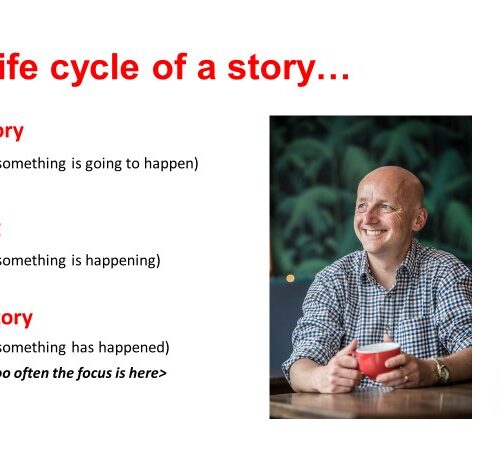The strange death of local journalism?
A lot of people have been predicting the death of the press – but has that moment finally arrived?
The Covid-19 outbreak has certainly hit the revenues of media companies across the board – and that may yet translate into an existential crisis for some – though others are keen to stress we are not yet facing an extinction event and publishers have worked miracles during the pandemic to keep the presses rolling.
However, I suspect that ultimately the numbers will not lie – and these are businesses after all, lest we forget.
And it’s not just in this country that Coronavirus is killing local news coverage.
Journalism is supposed to be seen as the first draft of history
But what will happen when the history of the death of local journalism is written?
Many will tell you that it was the Tech Giants wot did it – with the rise of platforms such as Google and Facebook hoovering up all of the publishers’ potential advertising revenue. But might that just be the final undoing, or indeed wishful thinking on behalf of those calling the shots in media boardrooms for failing to face up to their own shortcomings sooner?
I’ve a particular interest in local and regional journalism because it is where I plied my trade for 15 years from 2000.
So I saw at first hand a lot of the causes and the decline was well in train before the likes of Facebook and Google came along.
I’ve often felt that while editors and media executives are keen to crusade and campaign and jump up on the failings of others, they have a peculiar kind of tin ear when it comes to examining their own shortcomings and contradictions.
Five reasons why British local journalism might really be dying (and which no editor will admit)
In no particular order I’d list the reasons for the ‘end’ as:
- Creative Destruction – the rise of the internet and giving away news for free
2. The collapse of the business model (namely the death of print ‘verticals’ such as property, motors, and jobs and an inability, or unwillingness, to find or embrace alternatives
3. Failure of senior executives to respond to what was happening combined with the emergence of new players
4. A disregard for the quality of the product – a seeming lack of care about the quality of what’s being printed in some parts in favour of click bait and overwhelming and off-putting pop-ups and adverts online
5. The editorial judgement of individual editors and executives who wanted to carry on regardless doing what they’d always done or obsessing about the things that interested them while their readers had moved on – this may well be a footnote but I think it will also have played a part
Into the mix you also have to add the corrosive effects of phone hacking, a failure to embrace the regulation offered by the Leveson Inquiry.
Add to that the demand for state support via the BBC and in particular the local democracy reporter scheme, despite a complete unwillingness to accept any form of ‘statutory’ regulatory oversight in return, and historic opposition for such support to be offered to other sectors such as retail and you continue to get the sense of do as I say and not as I do.
I decided to draw stumps in 2016, but while regional newspapers are still just about clinging on and in some cases evolving under new ownership, I’m not convinced that they can ward off the death of local journalism that I fear.
But for how much longer is anyone’s guess – though it may well be that things will simply be different. May be tomorrow’s journalists will be juggling their time in the newsroom with other jobs to make ends meet? Or as a former colleague once said to me ‘journalists will be like actors – (moving) between jobs’.
Still it was fun while it lasted.





